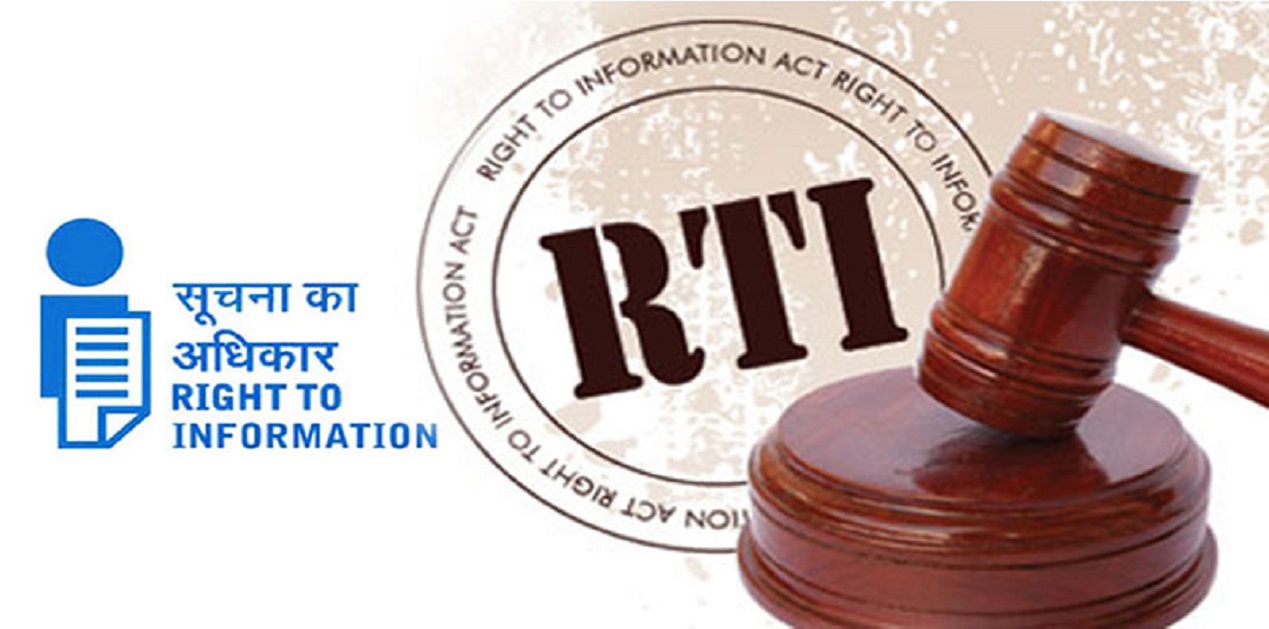A COMPARATIVE ANALYSIS ON JUDICIAL APPOINTMENTS IN THE LIGHT OF RIGHT TO INFORMATION
JAGRUTHI RAO, SCHOOL OF LAW CHRIST (Deemed to be University)
Best Citation – JAGRUTHI RAO, A COMPARATIVE ANALYSIS ON JUDICIAL APPOINTMENTS IN THE LIGHT OF RIGHT TO INFORMATION, 2 ILECR 7, 2022
ABSTRACT
The Indian legal system is one of the world’s oldest, and the judiciary is one of the most important departments in a democratic setting. It has been entrusted with the responsibility of fully understanding constitutional ideals and duties as a custodian of the rights of a country’s citizens. The Independence of the Judiciary is considered to be sine quo non in a democratic setup like India. The Black’s Law Dictionary defines the term “equality before law” wherein it lays emphasis on the Independent Judiciary. The Chief Justice of India’s (“CJI”) office was brought under the purview of the Right to Information Act,2005 (“RTI Act”) in 2019 judgment in the Central Public Officer Supreme Court of India v. Subhash Chandra Agarwal case. As a result, one major concern is that this move may jeopardize the judiciary’s independence. This research article focuses on the position of the Judiciary and tries to strike a balance between the Right to Information and the gaps that exist in accountability and transparency. With close reference to the Right to Information Act, 2005 to fill in these gaps this article aims to bring about the much-needed transparency and accountability through recent judicial and constitutional developments. The major issue with judicial independence can be connected with the appointment of judges that will be dealt with through comprehensive judicial pronouncements in due course of this paper. The major questions this paper seeks to answer is whether the appointment of Chief Justice of India and Chief Justice of each State falls under the ambit of Right to Information Act,2005 with reference to the recent judgment delivered by the Delhi High Court in 2019. Another question the author of this article poses is whether the Right to Information Act, 2005 can remove the concerns of transparency and accountability in the judicial system. The methodology adopted for this paper is a comparative analysis on the judicial appointment procedures in India and developed country like United Kingdom. Thus, this paper focuses on the extent to which the Right to Information can be guaranteed in the judicial sphere.
KEYWORDS:
Appointment, independence, judiciary, right to information, transparency
